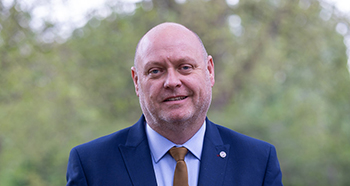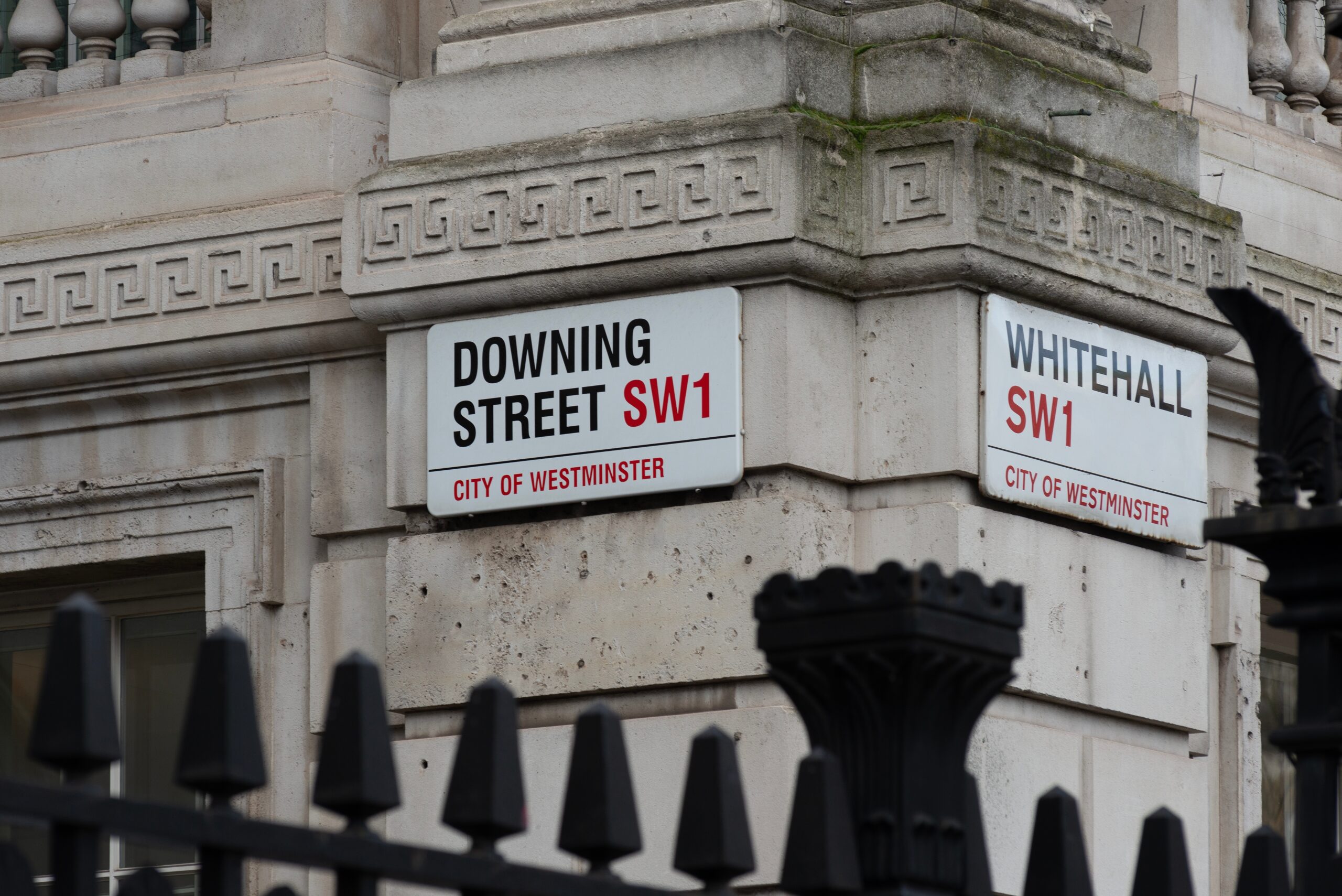How the FDA is effecting change

New governments tend to arrive in a whirlwind, and this one has certainly adopted that strategy fairly quickly. From eyebrow-raising appointments on day two – Timpson and Vallance – to tough decisions on prison overcrowding and reinstating housebuilding targets. This certainly feels like a government with a fresh mission and energy, which is of course to be to be expected. Being out of power for 14 years is supposed to make you thirsty and all governments run out of road and energy after a while, though perhaps not all in such a spectacular style.
The tone has also been noticeably different for civil servants. Across many departments, ministers have taken time to assure civil servants that they have their respect and want to work in partnership. There is no hiding that the approach of the previous government over many years created tensions as trashing the civil service and individual civil servants had long become a sport for short term political gain. It was refreshing to hear Pat McFadden, Chancellor of the Duchy of Lancaster, say in Parliament that “the days of government ministers waging culture wars against the civil service are over” when too often that’s exactly what we’ve had from the despatch box.
It’s an easy win but still one that’s worthwhile. No-one can doubt the scale of the challenge the Labour government faces. They have ambitions to improve our public services and will need good ideas for reform, goodwill to implement them as well as good resources if they are to be successful. Working with, rather than against, your key public servants should not seem a novel idea, but has become so of late.
“Working with, rather than against, your key public servants should not seem a novel idea, but has become so of late”
Challenging times lie ahead. Frustration at the pace of change or unforeseen obstacles and of course, “events” will test those relationships. The civil service also needs to step up to that challenge. The new government will have different expectations. This is a group of ministers very different from the previous 14 years with very different life experiences and they have made clear they are laser-focused on delivery. They are also likely to be in post for all, if not most, of this parliament, so will build experience and be around to test the outcomes they were promised.
It has been a tumultuous time for the civil service. We have seen multiple challenges to the impartiality of the civil service, the rule of law and ethical government. The new government’s ethics commission is an opportunity to fix the roof on standards so that never again do we have to rely on convention and “good chaps”. Although we were disappointed to lose our judicial review on the civil service code and the Rwanda Safety Act, it reinforced the obligations on civil servants to uphold the rule of law, including international law. It has also highlighted issues in relation to the code and role of the Civil Service Commission as a regulator, which we want to progress with the new government.
After the turmoil of the last few years, a stable government with clear policy objectives – regardless of political colour – is what many civil servants have been craving. The age-old challenge of matching those commitments to resources will be writ large given the perilous state of public services and the fiscal environment the government has inherited. But the ability to effect change, which drives many civil servants to the role in the first place, can only happen with that stability and clear longer-term vision. Keeping them there and attracting the right skills in the future means they need to get on with reforming pay across the service. Honouring the review body recommendations is a welcome start from government, which would not have been an easy decision. But it needs root and branch reform, so we need to get on with it. We have been working on evidence to support our view that the review body process should be extended across all grades in the civil service. Again, we’re up for the challenge.
Related News
-

Education Minister Paul Givan must provide clarity over Israel visit – FDA NI National Officer Robert Murtagh
The FDA’s National Officer for Northern Ireland Robert Murtagh has called on Minister of Education Paul Givan to urgently clarify the use of departmental resources for a recent trip to Israel.
-

No.10 briefings against Cabinet Secretary Chris Wormald “stink of political cowardice”, Penman says
FDA General Secretary Dave Penman has condemned briefings from No.10 sources that Cabinet Secretary Chris Wormald had lost the confidence of senior figures in Downing Street and would likely be replaced by January next year.
-

“Significant gaps” in current Northern Ireland standards regime, says Murtagh
FDA National Officer for Northern Ireland Robert Murtagh has called for a strengthened standards regime in Northern Ireland government.